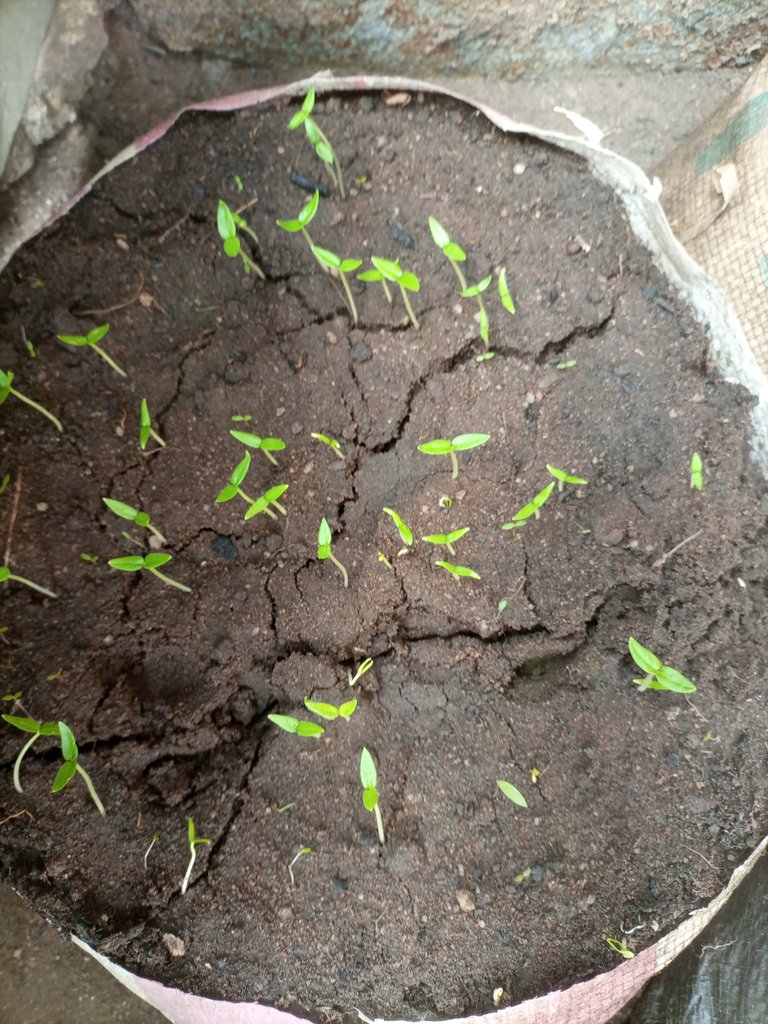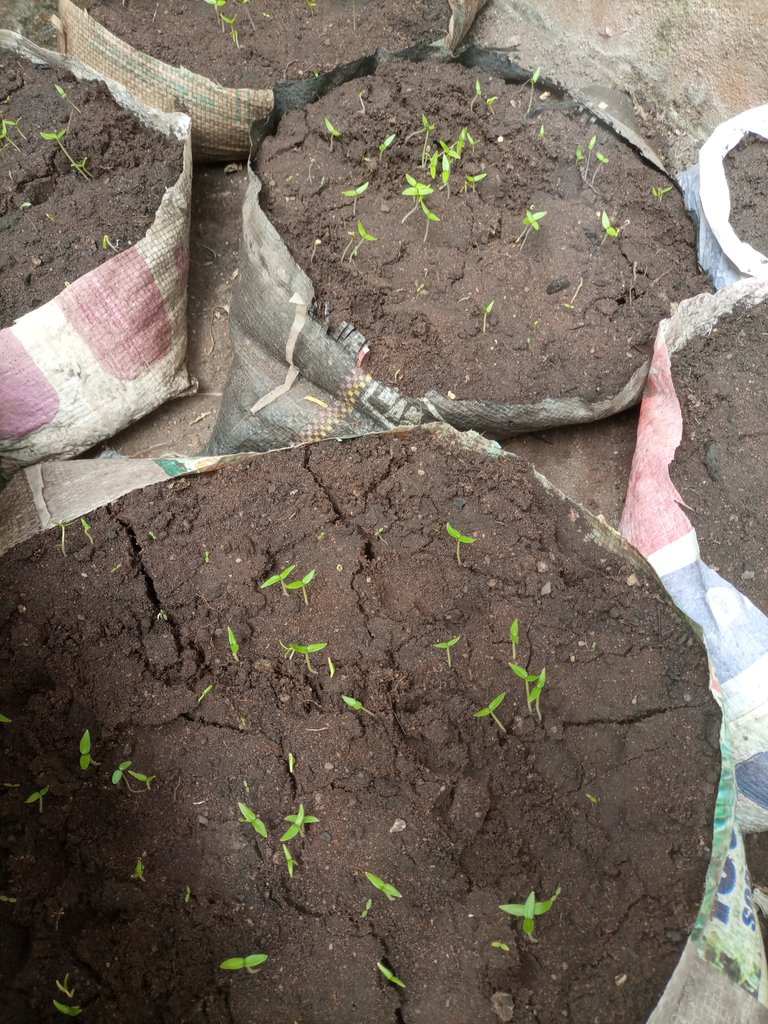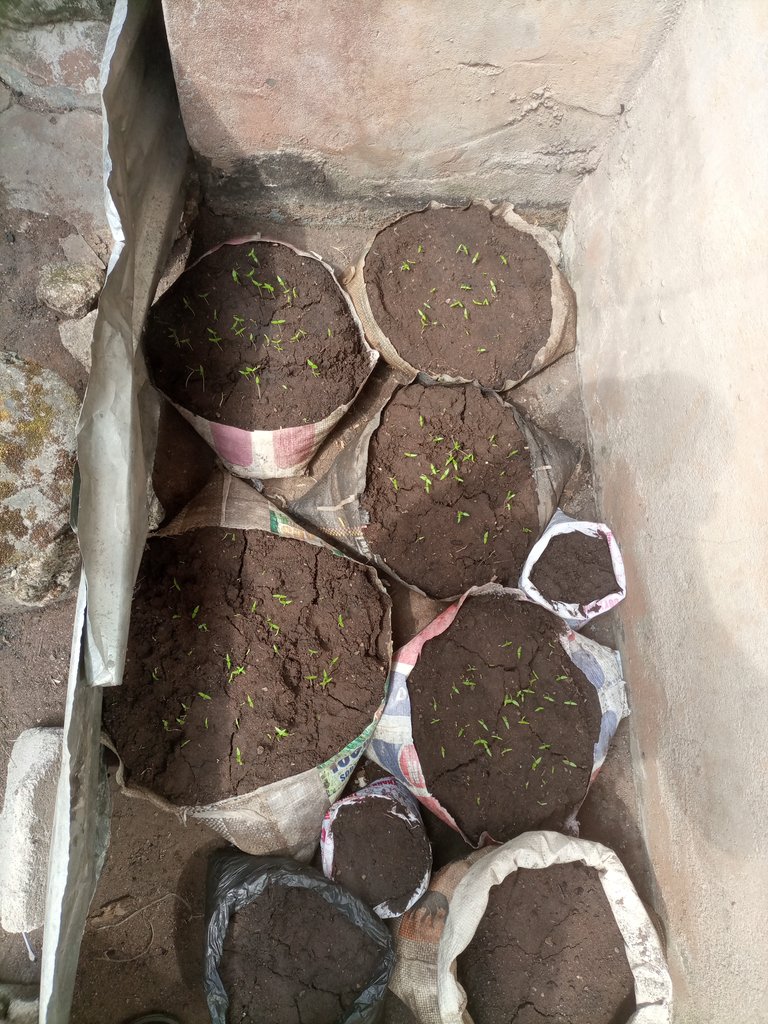Good morning my good people of hive community, i hope we are all doing well. I wish to share my knowledge on the Economic Importance of planting pepper.

Pepper, often referred to as the "King of Spices," holds significant economic importance globally due to its versatile uses in culinary, medicinal, and industrial applications. The cultivation of pepper not only provides a source of income for farmers but also contributes to international trade, employment opportunities, and economic development in pepper-producing regions.
1. Global Demand and Market Trends:
Pepper enjoys widespread popularity across various cuisines worldwide, making it a staple spice in kitchens globally. Its distinct flavor profile adds depth and complexity to dishes, ranging from savory to sweet. As a result, the demand for pepper remains consistently high, driving a robust global market. According to data from the Food and Agriculture Organization (FAO), countries such as India, Vietnam, Indonesia, and Brazil are among the top producers of pepper, catering to both domestic consumption and international trade.

2. Contribution to Agricultural Economy:
The cultivation of pepper significantly contributes to the agricultural economy of producing countries. Smallholder farmers, particularly in tropical regions, often rely on pepper cultivation as a primary source of income. The crop's relatively high value per unit area makes it an attractive option for small-scale farmers seeking to maximize returns from limited land resources. Additionally, pepper cultivation provides employment opportunities along the entire value chain, from farming and processing to marketing and distribution.
3. Export Revenue and Foreign Exchange Earnings:
Pepper is a major export commodity for many countries, generating substantial foreign exchange earnings. The export of pepper not only strengthens the balance of trade but also supports national economies by diversifying revenue streams. In regions where pepper is a primary export crop, such as Vietnam and Indonesia, its cultivation plays a crucial role in supporting economic stability and growth.

4. Value-Added Products and Processing Industry:
Beyond its use as a spice, pepper serves as a key ingredient in various value-added products and the processing industry. Ground pepper, pepper oil, oleoresin, and pepper extracts are widely used in food processing, pharmaceuticals, cosmetics, and fragrance industries. The processing and manufacturing of these derivative products create additional economic opportunities and contribute to the overall value chain of pepper production.
5. Sustainability and Market Opportunities:
In recent years, there has been growing consumer demand for sustainably sourced and organic pepper products. As a result, producers are increasingly adopting sustainable agricultural practices to meet market preferences and adhere to international quality standards. This trend presents opportunities for farmers to command premium prices for sustainably produced pepper, thereby enhancing profitability and promoting environmental stewardship.
Conclusion:
The economic importance of planting pepper extends far beyond its culinary uses, encompassing agricultural livelihoods, international trade, and industrial applications. As global demand for pepper continues to rise, investing in pepper cultivation presents significant economic opportunities for farmers and exporting countries alike. Moreover, the diversification of pepper-based products and the adoption of sustainable practices further enhance its economic viability in today's dynamic market landscape. By recognizing and harnessing the economic potential of pepper cultivation, stakeholders can contribute to fostering economic growth, rural development, and global food security.
Thank you for stopping by to read my article, i believe you enjoyed it.
@tipu curate
Upvoted 👌 (Mana: 35/45) Liquid rewards.
Thank you sir